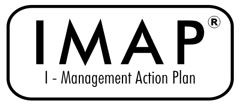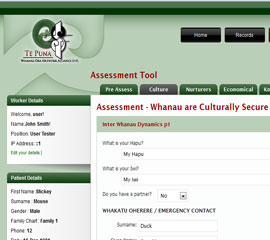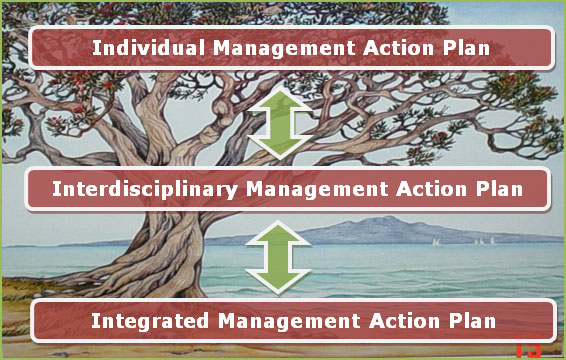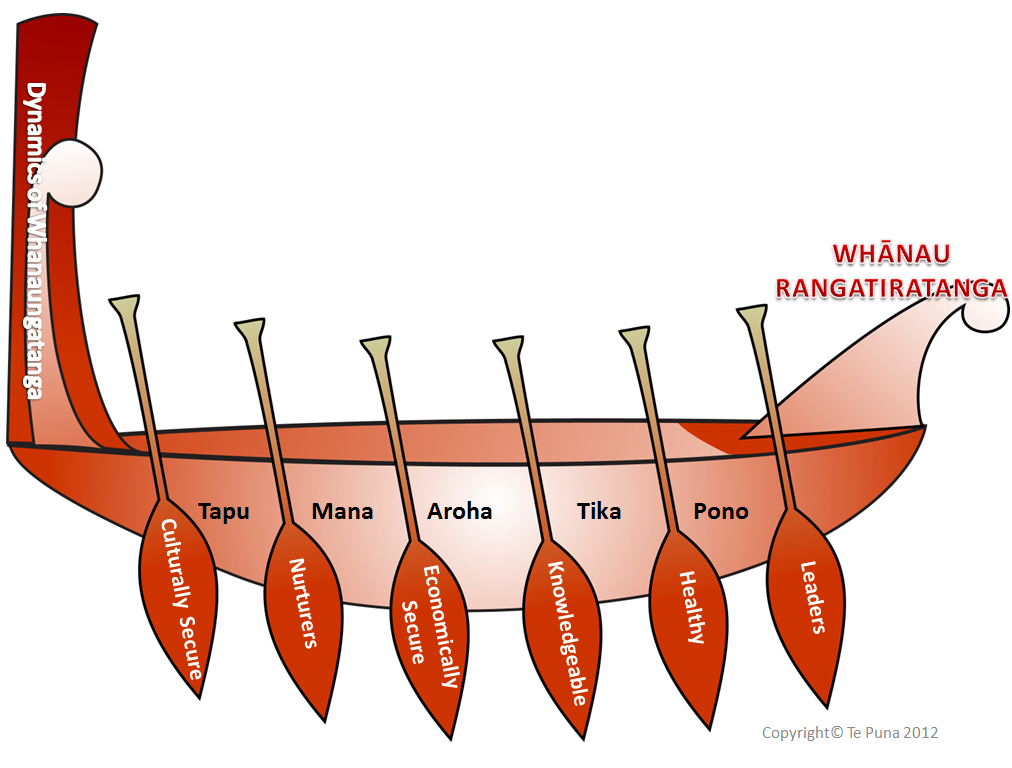The IMAP® Approach

- INDIVIDUAL
- I can MAP my way out of this with help
- Empowerment of the client to achieve their goals in health and wellbeing.
- INTERDISCIPLINARY
- Workforce Development / Organisational Practice
- The resources of TPH are collectively used & co-ordinated to support clients to achieve their goals. TPH prioritises Workforce Development with sustainable organisational practices to support quality IMAP® services and results
- INTEGRATED
- Strengthen external relationships, community development, strong business practices and governance
- The organisation itself and the importance of strong business practices, policies and values-based external relationships focused on favourable outcomes for the individual / whānau
TWONA Online

This comprehensive online application has been specifically developed to provide Social Service Providers access to Te Puna’s Whanau Ora Harakeke IMAP® model of practice.
| Read More |
The Harakeke IMAP® Model
IMAP® is an intensive, home and centre-based case management service, which comprises a multi-disciplinary team to support, motivate and mentor whānau to achieve self-determined goals.It is a Whānau-focused service built around the kaupapa of restoring Tapu and Mana; i.e. Dignity
IMAP® is equated to the harakeke (or flax), where the weaver (whānau member) weaves their flax (the many facets of their life) into the desired form to achieve their preferred result.
“I can MAP my way out of this with help”
The IMAP® model has been created to underpin the kaupapa focusing on whānau. In order to achieve this, the main resources of the organisation are grouped around whānau and the IMAP® program.
The mix of clinical and non-clinical services are thus able to blend to create an environment for excellence in service delivery to whānau. The primary resource of the organisation is the people who work for and with the organisation. As such they are all a part of the IMAP® team and have a role in the delivery of the IMAP® service.

Elements in the IMAP® (Management Action Plan) Approach
- Individual - Empowerment of the client to achieve their goals in health and wellbeing
- Interdisciplinary – internal support from clinicians, CSWs, social and mental health workers, kaumatua, and other services within Te Puna. Also external support from external agencies and community allied services
- Integrated/Intersectorial – the organisation itself and the importance of strong business practices, policies and values-based external relationships focused on favourable outcomes for the individual/whānau.
Management Model is Three Dimensional
Individual IMAP® Management Action Plan
Paramount is the Individual ‘I-MAP’ Management Action Plan in which the whānau/client, with total support, is confident that s/he can map their way through complex issues. This is ideologically aligned with the weaver weaving the flax into the shape they want. In the Te Puna Hauora process the weaver is the whānau/client and Te Puna Hauora provides guidance on the weaving process. The third component is the organisation itself and is underpinned by the Integrated Management Action Plan emphasising strong business practices, policies and values based external relationships focussed on favourable outcomes for the individual/whānau.
Interdisciplinary IMAP® Management Plan
The second is the Interdisciplinary Management Action Plan where the Community Support Worker, whose sole purpose is to mentor the whānau/client, internally has clinical support from Doctors, Nurses and Social Workers as well as the availability of all Te Puna Hauora services. External agencies and community allied services are included in case management and family group consultations facilitated by the Community Support Worker/Intersectorial and the whānau/client together.
Integrated IMAP® Management Action Plan
The third component is the organisation itself and is underpinned by the Integrated/Intersectorial Management Action Plan emphasising strong business practices, policies and values based external relationships focussed on favourable outcomes for the individual/whānau.
| Top of Page |



